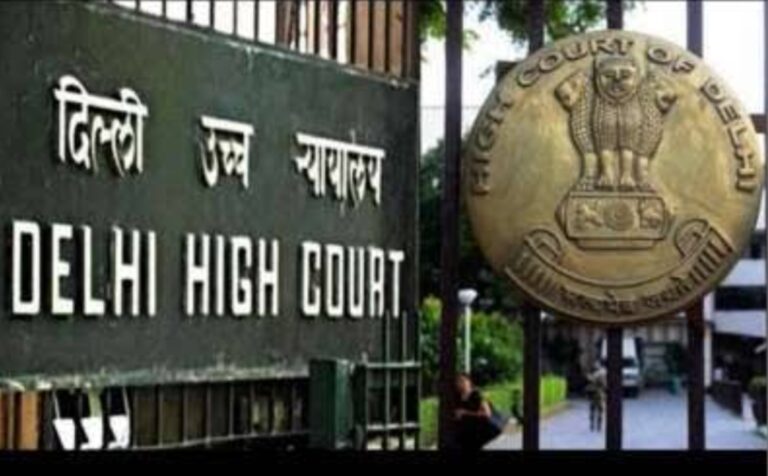The Delhi High Court acts as a protection against arbitrary cancellations of GST registration based on inaccurate field visit reports.
In a recent case of Gulab Nagar v. Assistant Commissioner [W.P No. 3383 of 2024 on March 06, 2024], the Delhi High Court has clarified the repercussions of inaccurate field visit reports leading to the retrospective cancellation of GST registration.
The Hon’ble Delhi High Court resolved the writ petition, maintaining that the taxpayer’s application for revocation should not be dismissed if the GST registration was cancelled by the Revenue Department based on an erroneous field visit report.
Case Details:
Gulab Nagar (“the Petitioner”) filed a writ petition against the order dated September 01, 2023 (“the Impugned Order”) passed by the Revenue Department (“the Respondent”). The order retroactively cancelled the GST registration of the applicant from March 31, 2022, citing that the applicant was not operational at the address provided to GST authorities.
Determination:
The entire process of cancelling the GST registration was founded on a field visit report unrelated to the applicant who submitted the revocation application. Consequently, the Hon’ble High Court directed the respondent to consider the applicant’s revocation application.
Provisions under Section 30 of the CGST Act:
(Revocation of cancellation of Registration)
- Any registered person whose registration is cancelled by the proper officer on his motion may apply to such officer for revocation within specified conditions and restrictions.
- The proper officer may, by order, revoke the cancellation of the registration, provided the petitioner has been given the opportunity of being heard.
Conclusion:
The ruling in Gulab Nagar v. Assistant Commissioner by the Delhi High Court acts as a protection against arbitrary cancellations of GST registration based on inaccurate field visit reports. By acknowledging revocation petitions and considering the applicant’s argument against a false report, the court emphasizes procedural transparency and the right to a fair hearing. This judgment sets a precedent for future cases, underlining the significance of due process and administrative accountability in GST matters.
To Read about the GST collection during the FY 2023-24 CLICK HERE
Also Read
CBIC Issues SOP for DGGI Officials for Preventing Undue Harassment of Taxpayers

Good and useful